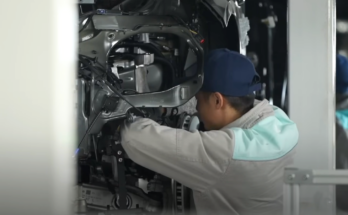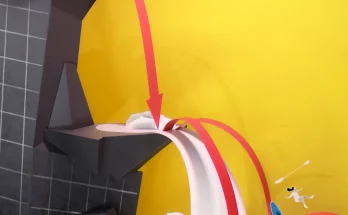Long before a global pandemic swept across her cloistered corner of the Navajo Nation, Cynthia Wilson knew the pains many families took to secure and store food.
The multigenerational home she shares with her parents and eight others in Monument Valley, Utah, runs on solar panels and a generator. With no running water, her father hauls it in almost daily. They live about 8 miles from the closest and only grocery store in their high desert community, where shoppers have felt the strain of limited supplies through the rationing of foods like meat.
Prior to the coronavirus pandemic “people were dependent on the grocery store,” Wilson said. “Now, they’re in shock or worried about how they’re going to keep their pantries filled when they can’t go to the stores like they used to. It’s a wake-up call that we need to go back to growing our own foods and tending to our own livestock.”
Wilson, the traditional foods program director of Utah Diné Bikéyah, an Indigenous-led nonprofit that has worked to protect the Bears Ears national monument in southern Utah and the ancestral lands of several Indigenous peoples, found her motivation amid all of the uncertainty. This month, she helped launch a “Seeds and Sheep” program in response to the pandemic and mailed out 1,500 seed packets to homes in the Four Corners region that want to plant and grow their own food.



